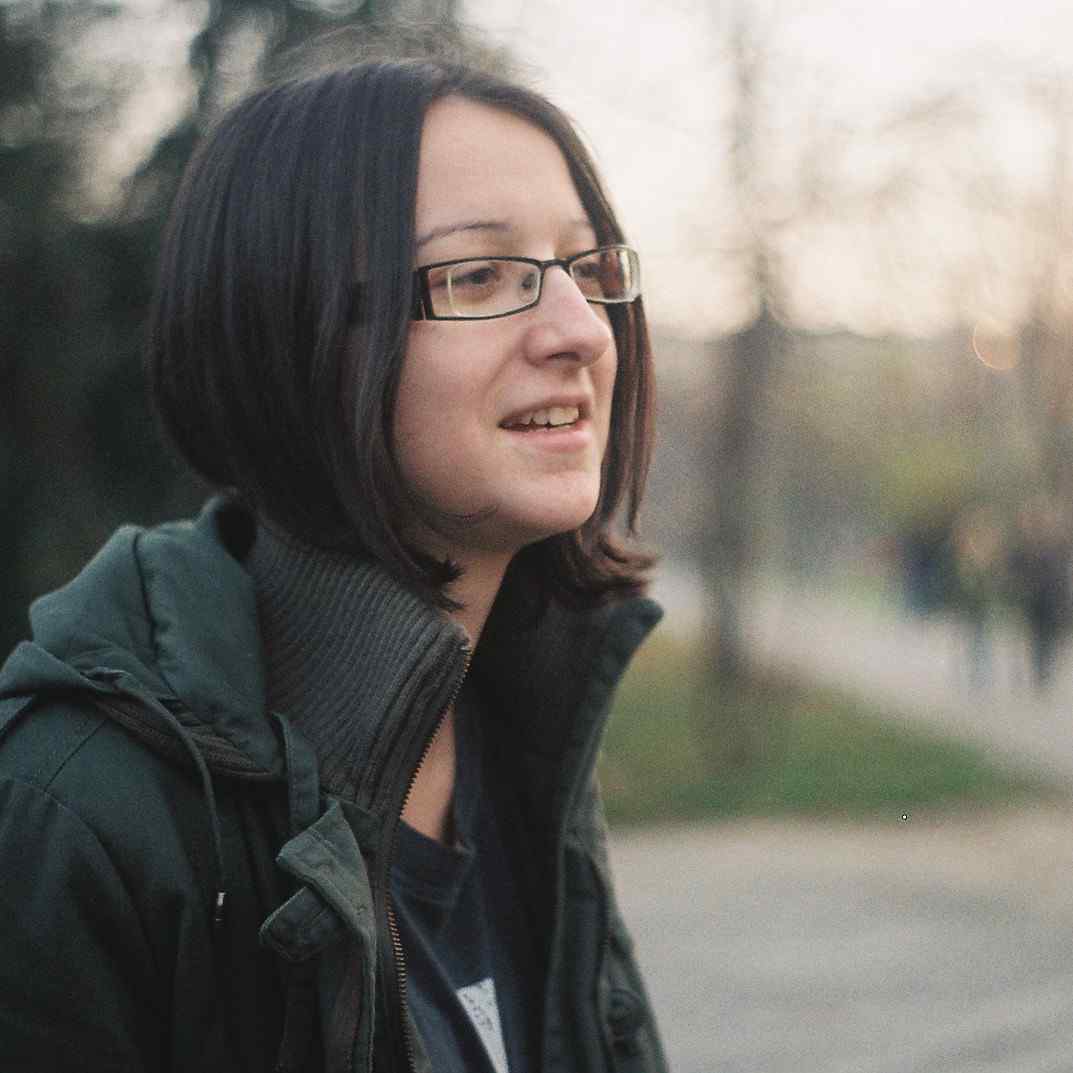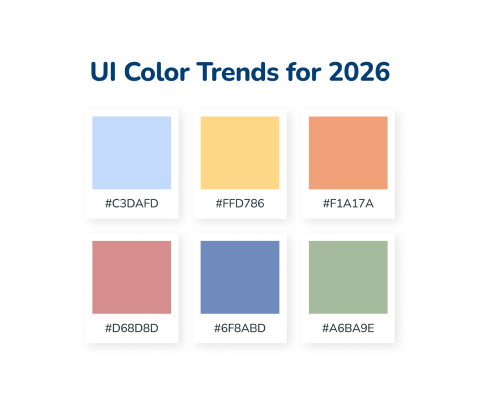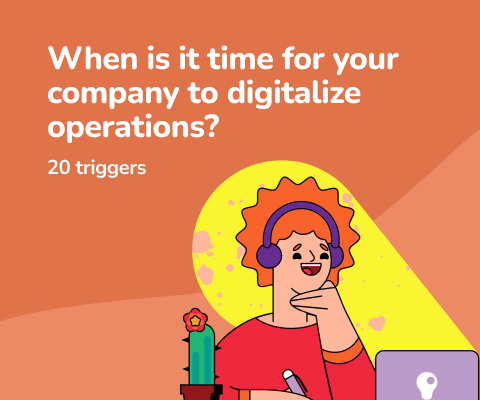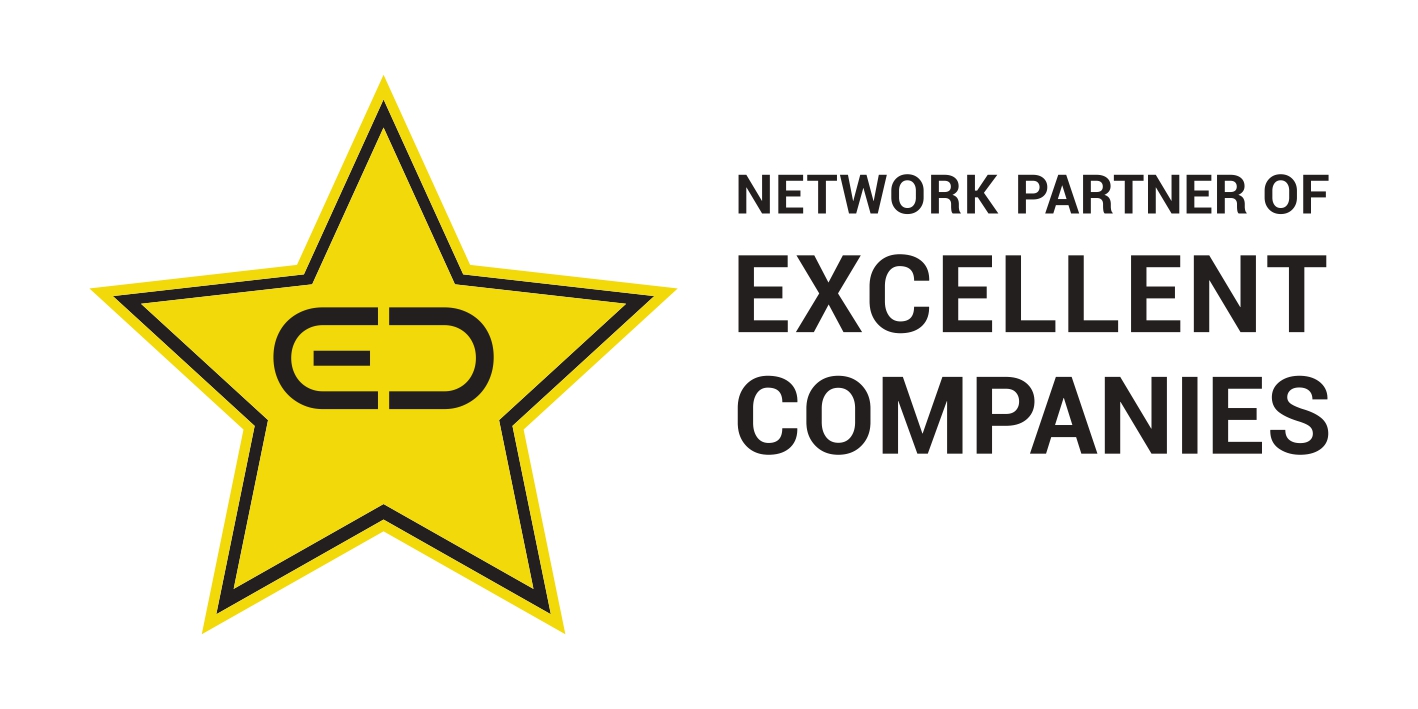February 11th, 2026, posted in for_founders
by Miruna
Hiring the right UX design agency is just as important for your software product as getting the actual user experience right. Both can have a huge impact on your business. According to Crunchbase, there are over 2,000 agencies in Europe alone. With so many options out there, how can you make sure you settle on the best one?
This essential checklist will help you come up with a shortlist of viable candidates. Agencies ticking off most of the things in this list are likely to provide quality services. We`ve also included 5 must-ask questions you should ask any UX design agency before you commit to working together.
Things to look for when hiring a UX design agency
✔ They publish quality content on UI/UX topics
Do some research online and see how they position themselves as subject matter experts. Do they have a blog where they write articles on UI/UX or maybe a newsletter, white papers or even courses? How active are they in the community, for example by publishing content on Medium publications like UX Collective or UX Planet? And last but not least, how good are they at explaining UI and UX concepts to non-experts? As the saying goes, “if you can't explain it simply, you don`t understand it well enough”.
✔ Their website meets UX best practices
Take a quick look at the agency's website. Do they practice what they preach? Take note of how easy or hard it is to find what you're looking for and how well the website is structured. Before diving deeper into case studies or client testimonials, assess their website`s overall look & feel and treat it like a portfolio entry in its own right.
✔ Their portfolio and case studies outline UX challenges and solutions
Pretty design is important, but building software products with a great user experience entails a lot more. Rather than just showcasing beautiful screenshots, a good portfolio should provide a detailed explanation of clients` challenges and how the UX design company solved them. This is especially relevant if you`re looking to hire an agency for a UX redesign project. Maybe your users are having trouble onboarding your app and have to rely on support too much. Or maybe your ecommerce is losing customers because it's not mobile-friendly enough. How did the agency solve problems like these based on their portfolio and case studies?
✔ They worked on complex UI/UX projects
Assessing the biggest project they worked on can give you a fairly good idea of their manpower and skill set. This doesn't mean you should only hire agencies with Fortune 500 clients, but there should be a natural progression towards more complex projects. This shows you the agency is learning, growing and thriving, which is exactly what you would want from any business partner.
✔ They have an extensive skill set
This includes skills within the UI/UX field (user research, wireframing & prototyping, UI design, UX writing) as well as skills complementary to the field like product strategy or software development. There are a lot of agencies that only do UI or UX work, without any additional services. Or even agencies that do only UI and UX work within a certain industry. While a certain level of specialization is good, be careful of hiring someone with a very narrow skill set.
While most UI and UX design agencies are capable of creating a good design, few check how feasible it is to implement that design. A UI and UX firm that also offers software development services can prevent this by having designers work with developers from the early stages. This is something we do consistently at UPDIVISION. Blending design and development benefits both us and our clients long-term, cuts down handoff hidden costs and prevents communication mishaps. Designer and developer collaboration should not be reduced to the handoff of the finalized design.
✔ They have an established, well-explained workflow and methodology
Does the agency do a good job at explaining their way of working and the methodology they are using? Their website and content should give you at least a general idea of what to expect from the UX and UI design process. Do they use an industry-established framework? A UX design framework is a set of tools, workflows and processes for design projects, some of the most popular including Design Thinking, Agile UX, Double Diamond. Of course every UX agency will adapt these methods and tools to their own work style, but the bottom line is: does the agency have an overarching set of principles guiding their design process?
✔ They have positive client reviews and testimonials
Reviews and testimonials can tell you a lot about how the UX design company handles client onboarding, time, budget, project management. Coupled with their workflow and methodology, this should give you a fairly good idea of what working with them is like. On a lot of B2B ratings platforms can you find detailed client reviews broken down into sections like quality of work, scheduling, cost, willingness to refer.
5 must-ask questions when hiring a UX design agency
As your shortlist is getting shorter and you`re starting to interview UX design agencies, prepare a list of questions beforehand. This will help you break the ice and gain valuable insights. Here are 5 things you should definitely ask any agency you are seriously considering.
Bonus tip. What they ask you is just as important as what you ask them. Do they seem genuinely interested in your business and the project? Are they trying to learn more about it? Pay attention to their level of involvement and the questions they ask you during the interview.

1. How do you approach a new project and what methods do you use in your design process?
This ties in to the UX agency having a well-thought-out, end to end design process. For this question, they should be able to provide a list of techniques and methods they use, for example stakeholder interviews, user research, user personas, wireframes, mockups, prototypes etc. They should be able to walk you through how they onboard a new client, as well as the key steps from discovery to delivery, including things like giving and receiving feedback.
2. What is your definition of good design?
This question might help you avoid agencies which are too focused on visual design to the detriment of user research. If their view on good design is just visually appealing screens, then they might not invest enough time and effort in observing and talking to users. Good design should be a combination of aesthetics and functionality. Additionally, you can ask them to provide an example of what they consider to be a great application from a UI/UX perspective.
3. Are there any measurable outcomes you can share from a successful design project?
Similar to the good design question, this gives you an idea of how they measure success and specific ways in which they helped businesses in the past: what they found challenging, how they came up with a solution and how they measure successful outcomes. For example, increasing the number of users who moved through the onboarding process quickly, cutting down abandonment rates or improving click-through rate.
4. What is the composition of the team we will be working with?
You want to select a UX design company which meets your needs. Asking them about the team they can provide gives you a sense of their skill set and strengths. UX agencies usually bring together designers, researchers, creatives and business strategists. Sometimes, you might also want someone with direct experience in your industry, particularly if you operate in a field with a lot of regulations.
5. How do you test design?
Design decisions should be backed up by testing methods. You want to make sure the UX agency doesn't just work with assumptions and they test their hypothesis through user research and usability testing. Do they have a testing process put in place? How do they gather data and how do they go about working with it and incorporating it into their design work?
Summary
Similar to employee recruitment, selecting the right UX design agency is both a science and an art. You need to have a strong shortlist of candidates, a good set of interview questions and, of course, a bit of luck. In the end, you want someone who can deliver, but who also fits well with your company's values and vision.


















